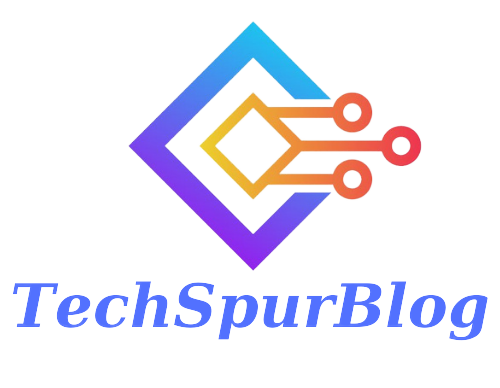Childhood education during early stages molds young children’s intellectual, emotional, and social growth. This phase typically goes from babies to eight-year-olds. So much happens during these years that it’s absolutely crucial we try our hardest to make sure kids are learning everything they can.
It is obvious that this expertise is needed, as it not only lays a strong foundation for their future studies but also cultivates life skills, builds emotional intelligence, and creates a passion for learning that will last them forever.
The Importance of Early Childhood Education.
Brain Development
ECE programs help the brain grow quickly through neural connections while young children learn. Fun activities such as problem solving and storytelling keep the brain engaged while they have fun playing.
Social and Emotional Development
While going through early childhood we learn how emotions work, what healthy relationship look like, and how to interact with others in society properly.
Early childhood education (ECE) environments offer a secure environment where children can safely explore their own emotions and gain insight into the feelings of their peers. It also teaches important skills like empathy, cooperation, and conflict resolution.
School Readiness
High-quality ECE programs help children build a strong foundation for later academic success. Reading writing math all start with basics that kids should know before they head off to school so that way when the time comes then can easily transition into formal schooling.
These programs also help children develop attention , focus, and other critical executive function skills.
Lifelong Learning
- One of the key goals of early childhood education is to instill a love for learning.
- Children who have positive early learning experiences are more likely to be curious.
- This enthusiasm for learning can open doors to various opportunities in the future.
Also Read: The Most Popular Summer Schools in the UK
Models of Early Childhood Education

Drastically different models each having it’s own unique style which separate itself from other methods yet still works just as well as its counterparts
Montessori Education: Independence self taught hands on activity based learning.
Reggio Emilia Approach: Creativity self expression and collaboration are at the forefront. Children are encouraged to explore their interests and ideas through various forms of expression, including art, storytelling, and problem-solving.
Play-Based Education: Developing critical thinking imagination and social interaction through play.
High/Scope Approach: Actively learning by having the child plan their own activities. Reflecting on what they’ve learned before moving on to the next step.
The Role of Teachers in Early Childhood Education
ECE educators are essential in creating a supportive, enriching environment for young children. They play the role of not just instructors but also caregivers and mentors.
They need patience empathy and an understanding of each individual students needs. With these qualities teachers can create a safe place for kids to explore all that life has to offer.
Also Read: What is Zone of Proximal Development and Scaffolding in Education
Challenges in Early Childhood Education
It is important we stay as up-to-date as possible with all information regarding childhood education so we can make sure kids get exactly what they need when they need it.
These challenges include access quality resources like books, computers etc.…
Access and Equity
Quality early childhood education programs are not equally accessible to all children. There are disparities in access based on factors such as income, location, and cultural background. This inequality can be detrimental to a child’s development and future opportunities.
Affordability
For many families, the cost of high-quality early childhood education is too high. This financial burden often prevents children from benefiting from the advantages that early learning opportunities offer.
Teacher Qualifications and Compensation
It is crucial that early childhood educators receive proper training and fair compensation. A shortage of qualified ECE professionals can occur when pay is low and professional development opportunities are limited.
Curriculum and Assessment
Striking a balance between developmentally appropriate practices and academic expectations can be difficult. It is an ongoing challenge to foster a love for learning while also preparing children for formal schooling.
Inclusive Education
Meeting the needs of children with diverse abilities requires specialized training and resources. Creating inclusive environments is crucial so that all children receive the necessary support.
Standardization vs. Individualization
Finding the right balance between standardized curriculum and individualized instruction is difficult because each child has unique learning styles; however, it must be done effectively by early childhood educators.
Parental Involvement
Engaging parents in their child’s early education is essential but challenging, especially for families facing economic or language barriers.
Regulations and Licensing
Ensuring that early childhood education programs meet safety standards requires strong regulatory frameworks. However, balancing oversight with flexibility presents a constant challenge.
Data Collection and Accountability
Measuring program effectiveness and tracking children’s progress can be complicated. It takes effort to ensure that data collection informs improvements effectively.
Also Read: Connecting Classrooms: Simplifying the Web Classplus Login Process
Conclusion
Early childhood education paves the way for future learning, personal growth, and success. With quality ECE programs come well-rounded individuals who possess strong foundations in both academics and life skills.
To secure our youngest generation’s bright future we must continue to prioritize them by investing in their earliest years

We are a team of enthusiastic people who want to share our experience, knowledge and enterprise with the world. We love what we do and we hope you will too!. We pride ourselves on being the global leader in developing Techspurblog as a technology blog, which can create original content.






